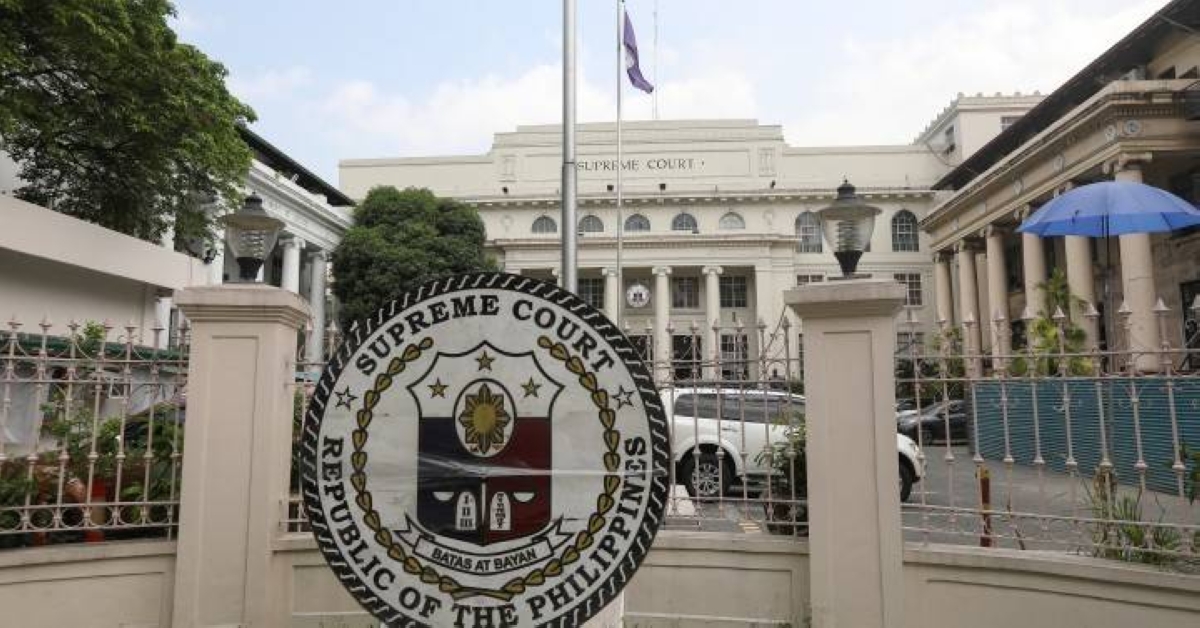Several members of the House of Representatives minority bloc have taken legal action by filing a petition before the Supreme Court to challenge the constitutionality of the P449.5-billion unprogrammed funds in the 2024 budget. In their petition for certiorari and prohibition, Rep. Edcel Lagman (Albay 1st District), Rep. Mujiv Hataman (Basilan Lone District), and Rep. Gabriel Bordado (Camarines Sur 3rd District) argue that the allocation of unprogrammed funds by Congress represents a grave abuse of discretion, exceeding the limits of congressional jurisdiction.
The petitioners point out that President Ferdinand Marcos Jr. had initially proposed a ceiling of P281.908 billion for unprogrammed appropriations in the 2024 National Expenditure Program (NEP). According to the constitution, Congress is prohibited from exceeding the ceiling proposed by the President. They contend that the unprogrammed funds are often used for personal and partisan projects, mixed with substantial allocations, and as a means to discard or replace projects originally under the programmed appropriations.
The petition also highlights that the P449.5-billion appropriations and their probable release for implementation were allegedly premeditated by the leadership of the committee on Appropriations, chaired by Ako Bicol Partylist Rep. Elizaldy Co. Rep. Co, along with Senate President Juan Miguel Zubiri, House Speaker Ferdinand Martin Romualdez, and Senate Committee on Finance chairman Sen. Juan Edgardo Angara, are named as respondents in the petition. The petitioners argue that House Bill 9513, which authorizes the sequestration of purported excess income of Government-Owned and Controlled Corporations (GOCCs) to fund the unprogrammed appropriations, was recommended for plenary approval by Rep. Co’s committee.
The petitioners, therefore, seek a temporary restraining order or a writ of preliminary injunction to prevent the respondents from funding, releasing, and implementing the constitutionally questionable excess appropriation of P449.5 billion. Additionally, they request the high court to nullify the excess funds and issue a writ of prohibition to prevent the funding, releasing, and implementing of the excess items of expenditure.
This legal action taken by members of the House of Representatives minority bloc raises important questions about the proper allocation of funds and the extent of congressional jurisdiction. The issue at hand revolves around the constitutional limits imposed on Congress and the role of the President in proposing appropriations. By questioning the constitutionality of the unprogrammed funds in the 2024 budget, the petitioners aim to ensure that the allocation of funds adheres to the provisions set forth in the constitution.
It will be interesting to see how the Supreme Court responds to this petition and whether it will shed light on the interpretation and application of the constitutional provisions related to budget appropriations. This case has the potential to influence future budgetary decisions and the balance of power between the executive and legislative branches of government.
As this legal battle unfolds, it is crucial to remember that transparency, accountability, and adherence to constitutional principles are essential for the effective functioning of a democratic system. The outcome of this case will not only impact the current budget but also set a precedent for future budgetary deliberations, ensuring that the allocation of funds remains within the bounds of the law and serves the best interests of the Filipino people.
In conclusion, the petition filed by members of the House of Representatives minority bloc challenges the constitutionality of the P449.5-billion unprogrammed funds in the 2024 budget. They argue that Congress exceeded its jurisdiction by allocating these funds, which were not proposed by the President and may be used for personal and partisan projects. The Supreme Court’s decision on this matter will have significant implications for budgetary processes and the balance of power between branches of government.







